Publications
Articles, publications, books, tools and multimedia features from the U.S. Institute of Peace provide the latest news, analysis, research findings, practitioner guides and reports, all related to the conflict zones and issues that are at the center of the Institute’s work to prevent and reduce violent conflict.
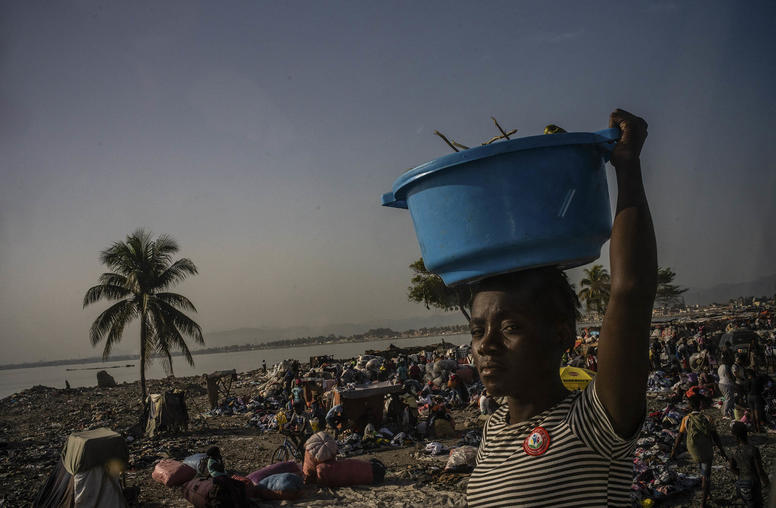
What’s the State of Play on the Global Fragility Act?
The White House’s recent release of 10-year stabilization and conflict prevention plans marks another milestone in U.S. efforts to implement the closely watched Global Fragility Act (GFA). The legislation received bipartisan support in the U.S. Congress before being signed into law by then President Donald Trump in 2019. It requires the U.S. government to develop a strategy for preventing the drivers of violent conflict and extremism, and to test a more coordinated, cost-effective and sustained U.S. approach in hot spots around the world.
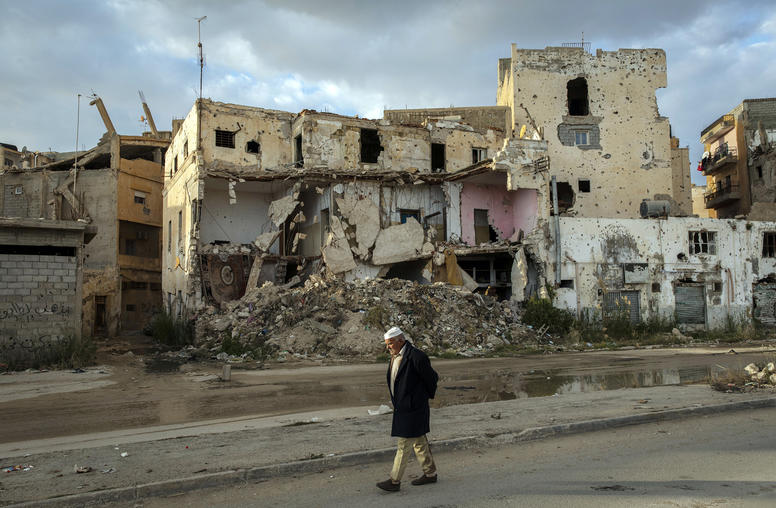
Implementing the Global Fragility Act: What Comes Next?
Amid the ongoing crisis in Ukraine, the Biden-Harris administration has quietly released a new policy that commits the United States to do more to “interrupt potential pathways to conflict” and reduce threats before they arrive on our shores. This new initiative comes at a difficult time for the United States and the world, given the full-blown crises that require the international community’s urgent attention, from COVID-19 to the climate crisis. Still, it represents an unprecedented and promising commitment at the highest levels of our government to apply the important lessons learned from decades of U.S. involvement in conflicts in Afghanistan, Iraq and elsewhere.
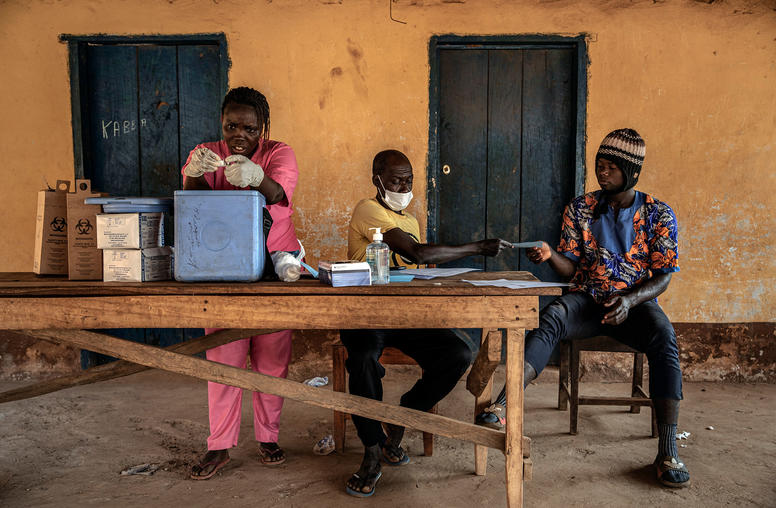
To Counter COVID Amid Crises, Peacebuilding Steps Are Vital
As the world enters its third year fighting the COVID-19 pandemic, health care professionals have administered 10 billion-plus vaccine doses worldwide, protecting large majorities of people in rich countries. Yet few doses have reached those living in war zones or places affected by conflict or violence, who remain largely unvaccinated and vulnerable to the disease. Preventing those countries from falling further behind will require increasing the supply of vaccines, improving delivery and overcoming barriers to vaccine acceptance. It will also necessitate doing more to navigate the politics of vaccine administration, including through peacebuilding strategies that promote dialogue and trust with marginalized communities.
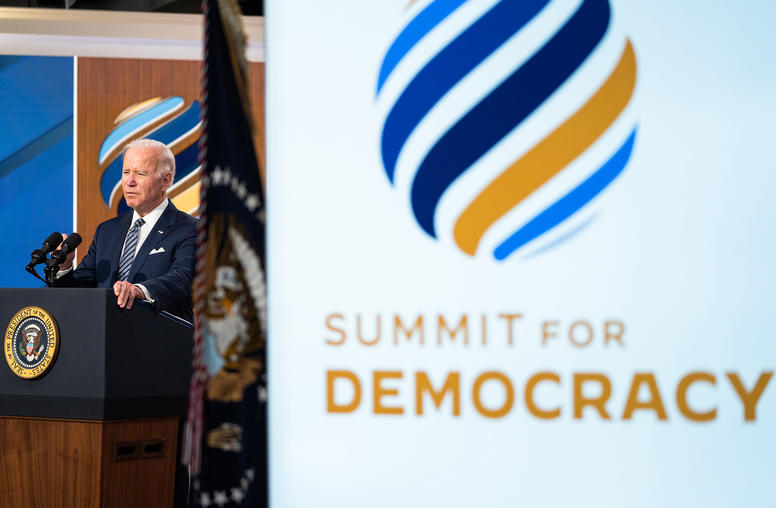
How to Deliver for Citizens in Fragile States After the Democracy Summit
Last week’s Summit for Democracy hosted by President Biden was a call to action. The first-ever international convening of its kind, it offered democratic leaders an opportunity to announce political commitments to reform over the coming year, and to begin to share experiences and learn from each other in a more deliberate way than has been the case to date. Given the unprecedented threats facing democratic systems worldwide, it was an important and timely step. What is less clear is what the summit entails for a particular subset of aspiring democracies: countries currently or recently affected by civil war that are transitioning to democracy.
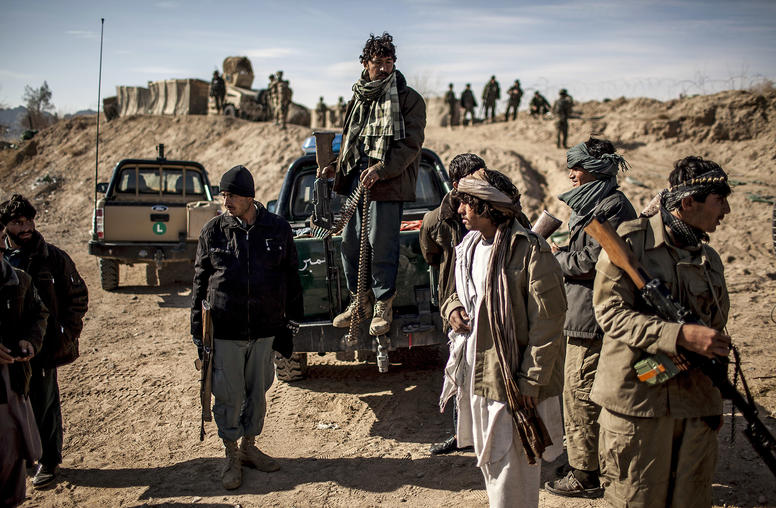
What Afghanistan Teaches Us About Evidence-Based Policy
Even as the debate over the lessons learned by the U.S. government in Afghanistan continues, several clear conclusions have emerged. One is that U.S. agencies repeatedly underestimated the time and resources needed to support a nation wracked by decades of war, while they failed to follow a consistent plan for civilian recovery efforts. U.S. personnel also lacked the training needed to be successful in the field, and monitoring and evaluation efforts did not receive the policy attention required to enable course corrections and learning.
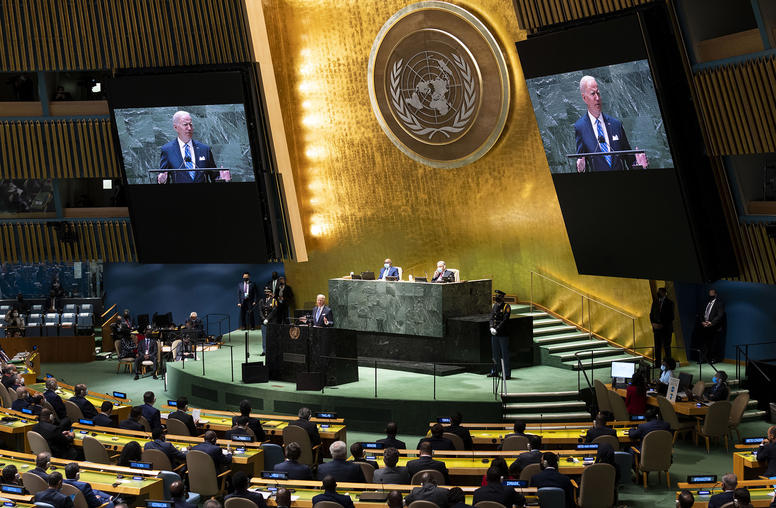
Prioritize Building Resilience at this Year’s U.N. General Assembly
World leaders are gathering in New York this week for the 2021 U.N. General Assembly against a backdrop of unprecedented global crises, including the continued spread of COVID-19 due to lack of access to vaccines; a growing hunger crisis as more people around the world die every day from starvation than from COVID-19; and the fact that roughly one percent of the world’s entire population — or one in every 97 people — is now forcibly displaced. These humanitarian challenges are compounded by a generational climate crisis and rising tensions with Russia and China that will need to be carefully managed.

Corinne Graff on the U.N. General Assembly’s Theme of Resilience
As the 2021 U.N. General Assembly begins amid a host of global crises, USIP’s Corinne Graff says this year’s theme of resilience must “deal not just with the symptoms of these emergencies, but the root causes as well” and that effective governance is “key to building resilience against many of the global challenges we face today.”
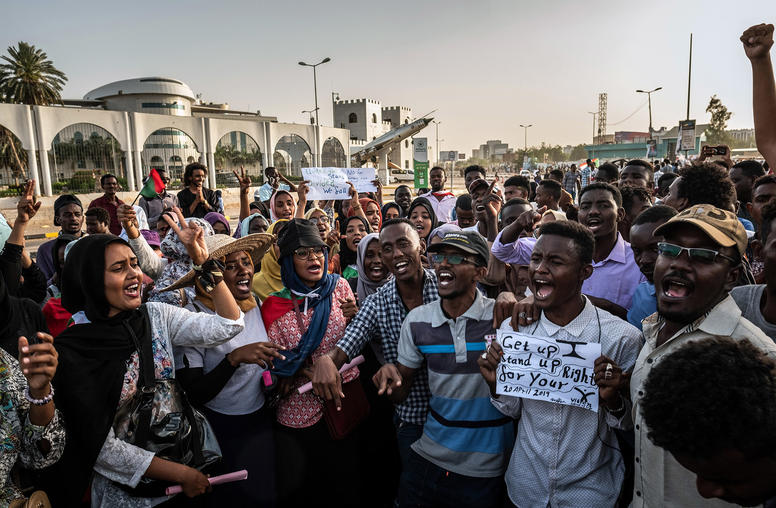
Five Key Considerations To Make the U.S. Global Fragility Strategy Work
Even as the public debate over the U.S. military withdrawal from Afghanistan continues, the State Department and USAID are quietly putting plans in place to test a new approach to con-flicts overseas. Drawing on the hard-earned lessons from Afghanistan and Iraq over the past two decades, this approach would have the United States rely far less on military power and far more on sustained — but much less costly — diplomacy and closely coordinated development investments. If fully implemented, consistent with the recently enacted Global Fragility Act, this new effort promises to help stabilize countries in their recovery from COVID-19 and the knock-on shocks to their economies.
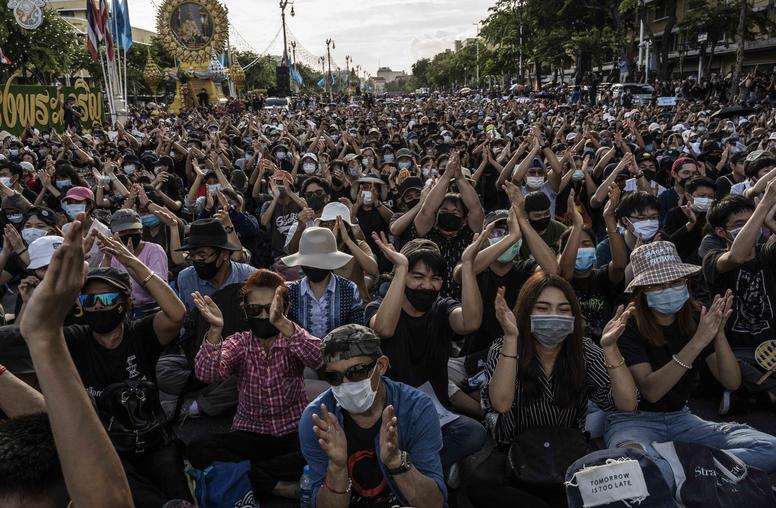
Addressing Fragility in a Global Pandemic: Elements of a Successful U.S. Strategy
The Global Fragility Act (GFA), passed by Congress and signed into law in 2019, requires the State Department, USAID, and other agencies to put in place for the first time a comprehensive strategy to address state fragility, violent conflict, and extremism, relying on best practices that are key to more effective and integrated U.S. policy. This report focuses on six key themes in the legislation, drawing on the expertise of leading peacebuilding and development experts to help generate practical solutions for advancing the GFA.

Conflict Prevention in the COVID Era: Why the U.S. Cannot Afford to Go it Alone
As the United States and other international actors assess the wreckage reaped by the coronavirus pandemic around the world, estimates are that an unprecedented level of aid will be needed to mitigate its worst impacts in fragile states. Given the ballooning costs of COVID-response efforts, the U.S. will need to deepen its partnerships with other international donors and local actors to bolster accountable and inclusive institutions and prevent conflicts and violence from escalating. Equally important, but less discussed, these international efforts will need to focus on managing a more complex global risk landscape that is emerging from the pandemic.